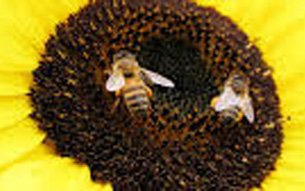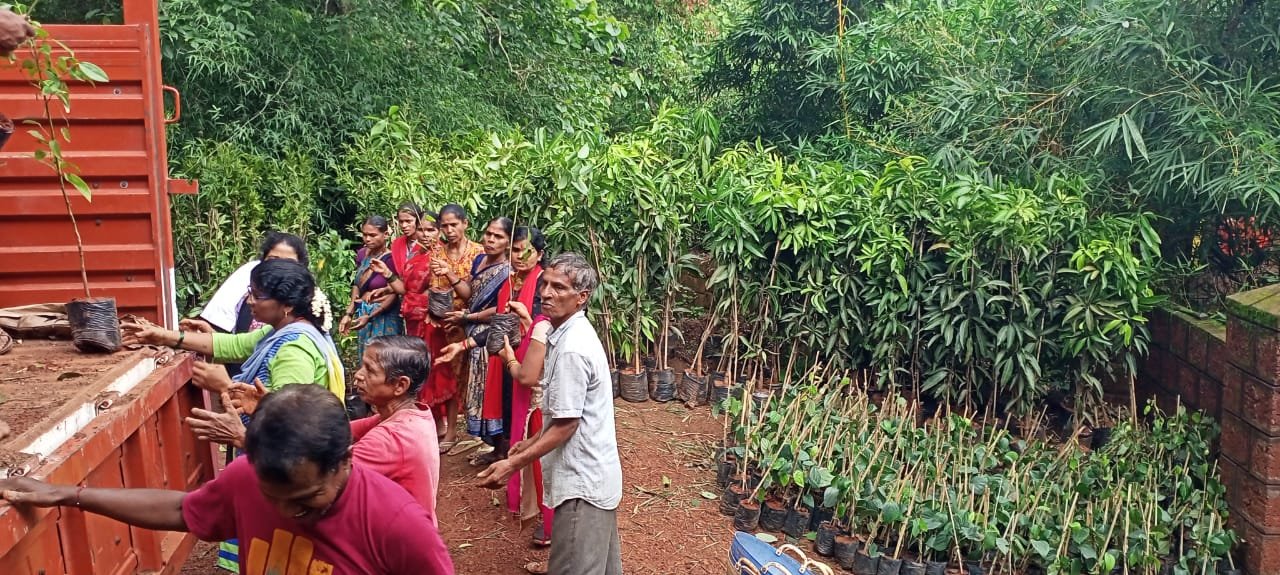
Bio-diversity by definition expresses the variability among the various living organisms. Many believe that bio-diversity is important simply because it has myriads of colors, structures, forms and functions. The quality and quantity of the bio-diversity of the nation, defines for many, if the country is truly “green”. But have we ever thought of biodiversity from lens of economics?
For example, do we know that honeybees generate more than USD 200 million annually in Switzerland and that too without any investment? This valuation of services provided by the bees is over and above the cost of honey. It is based on the valuation of the agricultural production resulting from pollination by bees. UNEP’s research called ‘The Economics of Ecosystem and Bio-diversity (TEEB)’ has revealed that total economic value of insect pollution globally is about USD 150 billion, almost equivalent to the GDP of Sri Lanka and Myanmar together. TEEB attempts to measure the dollar values of ecosystem-services to create awareness of real meaning of bio-diversity.
Recently, I came across amazing and invaluable services provided by one of the 3 million species living amidst the coral reefs deep in the oceans. The specie is called Ecteinascidia turbinate, which when fully grown is 2 centimeters long and weigh less than 15 grams. Their blood contains a microscopic element; chemically named ET-743, which is the most effective anti-cancer drug, used as last resort. As compared to other less effective last-resort-anti-cancer drugs this one has no side effect at all.
One ounce of the gold, today, costs about USD 1000. One ounce of this microscopic element is valued at USD 56 Million based on the cost to manufacture that drug in the laboratory! That is the value of the services provided by the tiny marine specie. Unfortunately this specie cannot patent its product or process!
All of us payback for the services provided to us, for example to the mobile phone operators, as matter of urgency. How do we, humans, payback the food-provider bees and life-saving services of miniscule marine specie?
We produce insecticides in chemical factories to kill those bees. We emit Green House Gases (GHGs) to warm the oceans and acidify them to kill those teeny species. That’s how we pay back for their services.
All of us payback for the services provided to us, for example to the mobile phone operators, as matter of urgency. How do we, humans, payback the food-provider bees and life-saving services of miniscule marine specie?
We produce insecticides in chemical factories to kill those bees. We emit Green House Gases (GHGs) to warm the oceans and acidify them to kill those teeny species. That’s how we pay back for their services. Jai Ho.
Every small action, multiplied by billions, creates a wave of change. Let us remember that we are not separate from nature; we are an intrinsic part of it. The health of our planet is directly linked to our own well-being and the future of all species. By nurturing our environment, we are, in essence, nurturing ourselves and ensuring a vibrant, thriving home for generations to come. Let's act now, with purpose and passion, to safeguard the beauty and balance of our shared world.


TERRE Policy Centre organized a tree distribution drive in Dandeli, Karnataka, where they distribute...